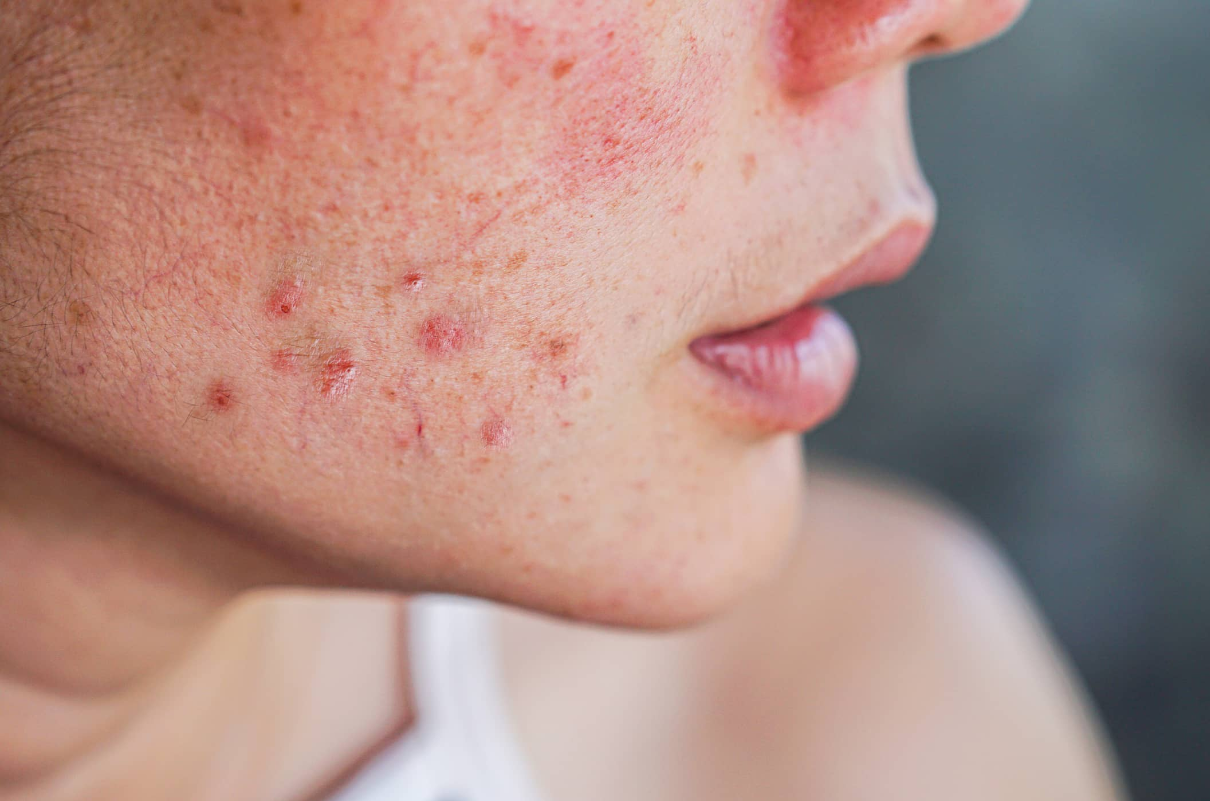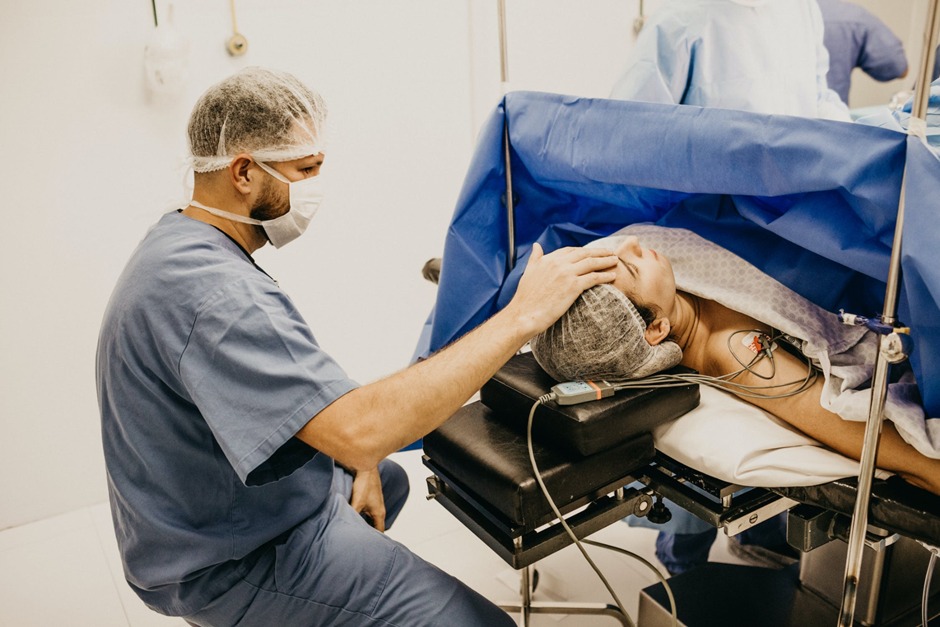Menopausal Acne – Challenges and Solutions

Menopausal acne, also known as hormonal acne, can be a frustrating and challenging skin condition for many women. This type of acne typically occurs during or after menopause due to hormonal fluctuations, specifically a decrease in estrogen and an increase in androgens (male hormones). These hormonal changes can lead to an overproduction of sebum (oil), clogged pores, and increased acne breakouts. Here are some challenges and solutions for managing menopausal acne:
Challenges:
- Hormonal Imbalance: The primary cause of menopausal acne is hormonal fluctuations, making it challenging to control with traditional acne treatments.
- Sensitive Skin: As women age, their skin may become more sensitive, which can limit the use of harsh acne treatments.
- Bone Health: Some medications used to treat menopausal acne, like oral antibiotics, may have side effects that impact bone health, which is a concern for postmenopausal women.
- Psychological Impact: Acne can take a toll on self-esteem and confidence, and dealing with it during menopause can be emotionally challenging.
Solutions:
- Consult a Dermatologist: If you’re experiencing menopausal acne, it’s essential to consult a dermatologist who can evaluate your specific skin type and recommend personalized treatment options.
- Hormone Replacement Therapy (HRT): Some women find relief from menopausal acne through HRT, which can help rebalance hormonal fluctuations. However, HRT has potential risks and should be discussed with a healthcare provider.
- Topical Treatments: Dermatologists often prescribe topical treatments that contain ingredients like retinoids, salicylic acid, or benzoyl peroxide to manage acne breakouts.
- Prescription Medications: In severe cases, dermatologists may prescribe oral medications, such as spironolactone or oral antibiotics, to control menopausal acne. These options come with potential side effects and should be used under medical supervision.
- Non-Invasive Procedures: Some non-invasive procedures, like chemical peels or laser therapy, can help improve the appearance of acne-prone skin by reducing scarring and promoting collagen production.
- Gentle Skincare: Use a gentle skincare routine that includes a mild cleanser and non-comedogenic moisturizer. Avoid harsh products that can irritate sensitive skin.
- Diet and Lifestyle: Eating a balanced diet rich in antioxidants and maintaining a healthy lifestyle can help improve skin health. Staying hydrated, reducing stress, and getting enough sleep are essential.
- Over-the-Counter Products: Some over-the-counter products contain ingredients like niacinamide, sulfur, or tea tree oil, which may help manage mild menopausal acne. However, results can vary.
- Patience: Managing menopausal acne can take time, so be patient and consistent with your chosen treatment plan.
- Psychological Support: Don’t underestimate the emotional impact of acne. Seek support from friends, family, or a mental health professional to help you cope with any negative feelings.
Remember that what works for one person may not work for another, so it’s essential to work closely with a healthcare provider to develop a personalized treatment plan tailored to your specific needs and skin type. Additionally, be aware that results may take several weeks to become noticeable, so consistency and patience are key when dealing with menopausal acne.




